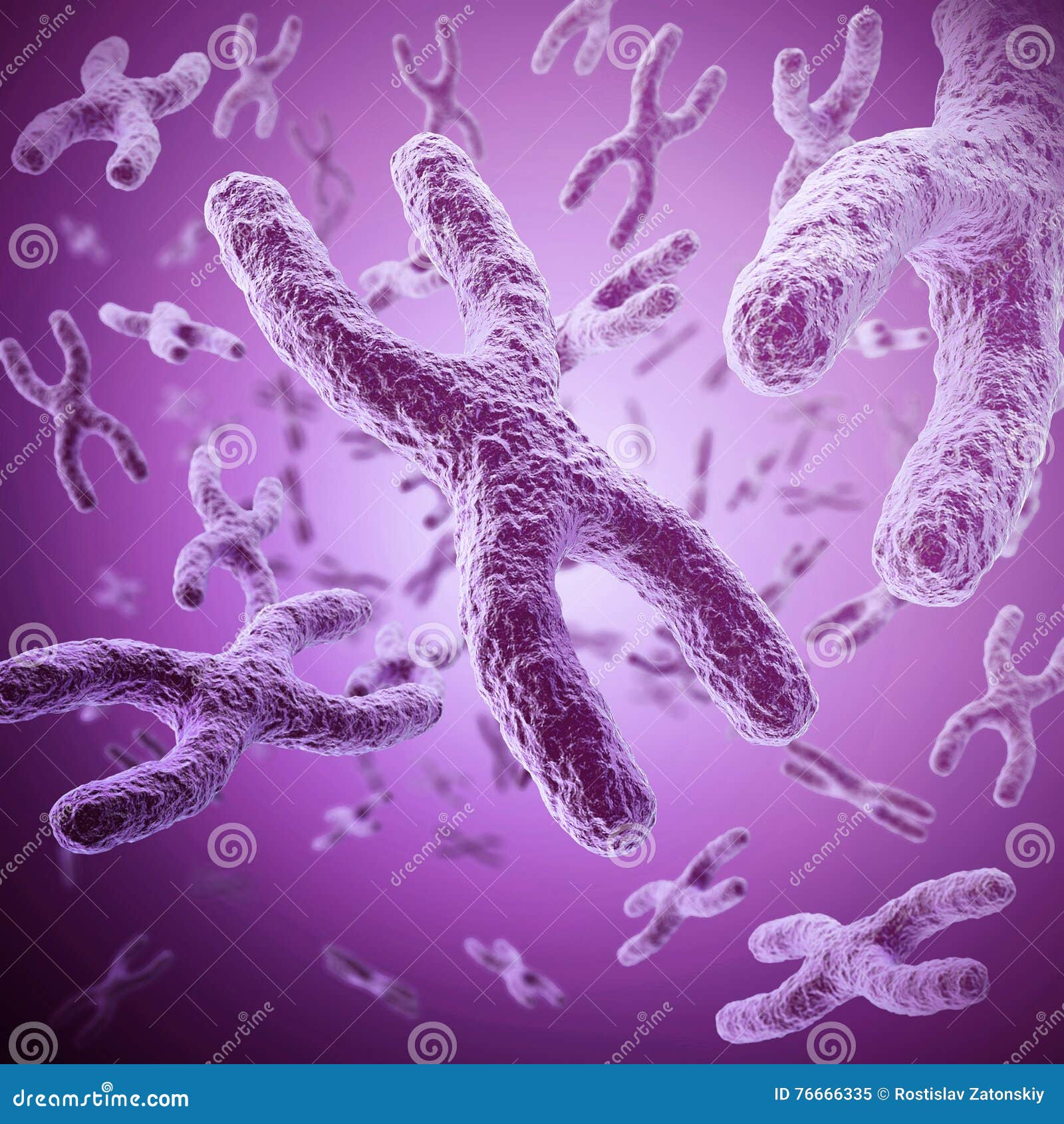Quantum computing represents a revolutionary shift in the realm of technology, leveraging the principles of quantum mechanics to perform calculations at unprecedented speeds. A recent breakthrough by a team of Harvard scientists has successfully trapped molecules to execute quantum operations, paving the way for enhanced molecular quantum computers. This innovative approach utilizes trapped molecules, known for their complex internal structures, to function as qubits—the fundamental units of quantum information. By employing precise techniques like optical tweezers and electric dipole interactions, the researchers demonstrated the capability to manipulate these molecules using quantum gates, thus enabling entanglement between quantum states. As we continue to explore the intricacies of molecular quantum computing, the potential for transformative advancements in various fields remains immense.
Time-honored methodologies within computational science are being challenged by the emergence of molecular-based quantum computation. This cutting-edge technology embraces organizations of matter at the molecular level to harness quantum states for enhanced computational tasks. Researchers have begun to investigate the unique properties and behaviors of trapped molecules as they relate to quantum operations, including the formulation of intricate quantum gates. The ability to manipulate these molecular structures could lead to groundbreaking enhancements in communication and data processing capabilities. As this field unfolds, the intertwining of quantum mechanics with molecular structures heralds a new era of scientific innovation.
The Breakthrough in Trapping Molecules for Quantum Operations
In a recent groundbreaking achievement, a team of researchers from Harvard has successfully trapped molecules to perform quantum operations, marking a historical milestone in the journey toward a molecular quantum computer. This innovative approach utilizes ultra-cold polar molecules as qubits, which are essential units of information in quantum computing. By providing experimental evidence of how intricate molecular structures can be harnessed, this study opens up a new paradigm in quantum technology, previously dominated by smaller particles such as ions and atoms.
Molecules were historically sidelined in quantum computing due to their perceived complexity and fragility; however, the Harvard team has illustrated the potential of molecules to enhance quantum operations significantly. By employing advanced techniques involving optical tweezers and electric dipole-dipole interactions, they successfully created a two-qubit Bell state with remarkable accuracy, demonstrating that molecules can be not just candidates but formidable players in the realm of quantum mechanics.
Understanding Quantum Gates and Their Role in Quantum Computing
Quantum gates stand at the core of quantum computing, serving as the building blocks for quantum operations. Unlike classical logic gates that manipulate bits, quantum gates engage qubits, allowing them to exist in multiple states simultaneously. This unique capability is a result of quantum superposition, which enables quantum computers to outperform their classical counterparts in processing complex calculations.
The recent development of iSWAP gates, utilized in trapping polar molecules, exhibits how quantum operations can manipulate qubit states to create entanglement — a cornerstone of quantum computing. The Harvard team’s work showcases not only the feasibility of using molecules in quantum circuits but also emphasizes their potential to transform computations through greater entanglement and coherence, ultimately bringing us closer to realizing a functional molecular quantum computer.
Harnessing Complexity: Molecular Quantum Computers
The complex internal structures of molecules present significant advantages for the field of quantum computing. This complexity, once deemed a barrier, is now viewed as a treasure trove of possibilities for enhancing quantum operations. The recent work by Harvard researchers effectively demonstrates how employing these sophisticated molecular systems allows scientists to create more advanced quantum gates, which could lead to unprecedented speeds and efficiencies in computational tasks.
Additionally, leveraging molecular quantum computers could revolutionize areas such as drug discovery and materials science, where their unique properties enable simulations of molecular interactions at an unmatched level of accuracy. As researchers delve deeper into molecular quantum mechanics, the horizon brightens for future applications that could fundamentally change technological landscapes, making previously unthinkable computational feats a reality.
The Significance of Quantum Mechanics in Modern Computing
Quantum mechanics underlies the principles of quantum computing, offering a radical shift from classical computing paradigms. By exploiting the peculiar behaviors of subatomic particles, such as superposition and entanglement, quantum computing paves the way for solutions to problems that are currently intractable for classical computers. This capability is particularly significant in fields requiring immense computational power, such as optimization, cryptography, and complex modeling.
As developments like those from the Harvard team illustrate, the integration of quantum mechanics with molecular systems heralds a new era of possibilities. This intersection will not only fuel advancements in technology but may also lead to breakthroughs that can tackle some of humanity’s most pressing challenges, from climate change to healthcare.
The Role of Optical Tweezers in Quantum Research
Optical tweezers have become an indispensable tool in the realm of quantum research, particularly in manipulating trapped molecules for quantum operations. By focusing laser beams, researchers can create forces that hold and move microscopic particles with incredible precision. This innovative approach enables scientists to stabilize complex molecular systems that would otherwise be too erratic for effective quantum processing.
The Harvard team’s use of optical tweezers has allowed them to minimize molecular motion, ensuring that the delicate quantum states remain intact. This method significantly enhances the reliability of quantum operations and contributes to the creation of robust molecular quantum computers capable of executing complex calculations while maintaining coherence among qubits.
Implications of Entanglement in Quantum Computing
Entanglement is a phenomenon that has profound implications for quantum computing, enabling qubits that are entangled to exhibit correlations instantaneously, regardless of distance. This unique trait is what allows quantum computers to process information in ways that classical computers cannot. The new findings from Harvard emphasize the critical role of entangled states in constructing effective quantum gates, such as the iSWAP gate, which is essential for generating and manipulating entanglement.
The significance of entangled states cannot be overstated; they not only increase the computational power of quantum systems but also enhance the efficiency of algorithms designed for specific tasks, such as factoring large numbers or simulating quantum materials. As entanglement becomes more effectively utilized within molecular quantum computers, we can anticipate revolutionary advancements in various scientific fields.
Exploring Future Applications of Molecular Quantum Computers
The successful trapping of molecules and execution of quantum operations is just the beginning of a larger journey towards building practical molecular quantum computers. The complexity of molecular states opens a multitude of avenues for future research and application, prompting scientists to consider how these systems could be utilized in practical scenarios. Industries from pharmaceuticals to finance are likely to benefit from this technology as it matures.
Looking ahead, the integration of molecular quantum computers into existing technological frameworks promises to enhance capabilities in simulation, analysis, and problem-solving. With ongoing research and development, it is plausible that molecular quantum computers will be able to perform real-time simulations of molecular interactions, leading to breakthroughs in material science and the development of novel drugs, all while operating at speeds that far exceed current capabilities.
Overcoming Challenges in Quantum Coherence
One of the significant hurdles in realizing practical quantum computing systems, particularly when utilizing trapped molecules, is maintaining coherence. The intrinsic properties of molecules can lead to erratic movements that disrupt quantum states, hindering reliable operations. However, the recent advances in stabilizing molecular systems through ultra-cold environments demonstrate that these challenges can be addressed effectively.
By employing meticulous control strategies, researchers are now capable of mitigating the effects of environmental noise and enhancing the robustness of quantum operations. As the field progresses, innovative techniques for maintaining coherence in molecular systems will play a pivotal role in achieving the full potential of molecular quantum computers.
The Future of Quantum Computing Investment and Research
As the race to develop practical quantum computing solutions heats up, investments in quantum research and development are gaining momentum. Both government and private sectors are increasingly recognizing the transformative potential of quantum technologies. Institutions like Harvard are at the forefront of these advancements, focusing on pushing the boundaries of what is possible in quantum computing.
The collaboration of researchers across various disciplines is essential for unlocking the full capabilities of quantum computing. As teams work together to pioneer new techniques and technologies, we can expect a wave of innovation that will continue to reshape our understanding of computation and its applications in the real world.
Frequently Asked Questions
What is a molecular quantum computer and how does it relate to quantum computing?
A molecular quantum computer integrates the complexities of molecular structures to process quantum information. Unlike traditional qubit systems that utilize simpler particles, a molecular quantum computer leverages ultra-cold polar molecules as qubits, allowing for enhanced computational capabilities due to their intricate internal structures.
How do quantum operations differ when conducted with trapped molecules in quantum computing?
Quantum operations with trapped molecules introduce unique advantages due to the molecular qubits’ complex interactions. For instance, researchers can employ electric dipole-dipole interactions to perform precise quantum operations, enabling the creation of entangled states critical for quantum computing.
What role do quantum gates play in molecular quantum computing?
Quantum gates are fundamental to molecular quantum computing, as they manipulate qubits in a way similar to classical logic gates. The iSWAP gate, used in recent experiments, facilitates quantum entanglement between molecular qubits, demonstrating the potential for achieving complex quantum operations with high precision.
Why has the trapping of molecules for quantum operations been considered a significant advancement in quantum mechanics?
Trapping molecules for quantum operations represents a significant milestone because it overcomes past challenges associated with molecular instability. Achieving this allows researchers to harness the unique properties of molecules for quantum computing, enhancing processing speeds and capabilities beyond current technologies.
What are the implications of utilizing trapped molecules in quantum computing for future technologies?
Utilizing trapped molecules in quantum computing opens up numerous opportunities for technological innovations. The rich internal structure of molecules could lead to new methods of processing information, potentially revolutionizing fields such as medicine, materials science, and complex system simulations.
How do ultra-cold environments contribute to the effectiveness of molecular quantum computers?
Ultra-cold environments effectively stabilize molecular qubits by reducing their thermal motion, which is crucial for maintaining coherence in quantum states. This control allows researchers to manipulate entanglement and perform reliable quantum operations, paving the way for practical molecular quantum computers.
What are the challenges associated with quantum mechanics in the context of molecular quantum computing?
The primary challenges in molecular quantum computing include managing the delicate quantum states of molecules, preventing decoherence, and accurately controlling molecular interactions for reliable quantum operations. These challenges have historically limited practical implementations until recent advancements in trapping techniques.
What advancements have been made in quantum computing due to recent research on trapped molecules?
Recent research has successfully demonstrated the trapping of sodium-cesium molecules to perform precise quantum operations, marking a breakthrough in utilizing molecular structures for quantum computing. This work establishes a foundational step towards constructing molecular quantum computers and enhancing computational capabilities.
| Key Aspect | Details |
|---|---|
| Research Team | Led by Kang-Kuen Ni, includes Gabriel Patenotte and Samuel Gebretsadkan. |
| Achievement | Successfully trapped molecules for quantum operations. |
| Significance | Paves the way for molecular quantum computers, enhancing computational speed. |
| Nature of Operations | Utilized ultra-cold sodium-cesium molecules as qubits. |
| Quantum State Achieved | Established a two-qubit Bell state with 94% accuracy. |
| Key Concepts | Quantum gates, superpositions, entanglement, and reversible operations. |
| Future Potential | Molecular systems may lead to innovations in quantum computing technology. |
Summary
Quantum computing has taken a significant leap forward with the breakthrough in trapping molecules to perform quantum operations. This novel approach, led by researchers at Harvard, utilizes ultra-cold polar molecules as qubits, setting the stage for faster and more efficient quantum computers. The ability to manipulate the complex internal structures of molecules opens up a wealth of opportunities for advancements in this cutting-edge technology, potentially transforming fields such as medicine, science, and finance.



